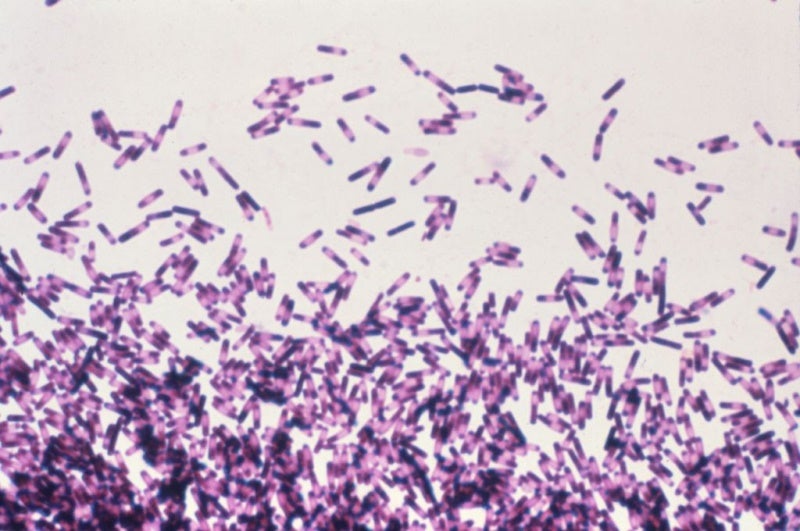
Sanofi and Regeneron Pharmaceuticals’ Phase II trial of investigational IL-33 antibody REGN3500 (SAR440340) has met the primary endpoint of improvement in loss of asthma control.
The proof-of-concept trial also demonstrated that REGN3500 monotherapy significantly improved lung function compared to placebo, meeting a key secondary endpoint.

Discover B2B Marketing That Performs
Combine business intelligence and editorial excellence to reach engaged professionals across 36 leading media platforms.
The randomised, double-blind, placebo-controlled, 12-week trial enrolled a total of 296 adult patients with moderate-to-severe asthma who were randomised into four treatment groups.
They were given fluticasone / salmeterol as the ICS/LABA maintenance therapy, which was withdrawn during the trial.
Regeneron Pharmaceuticals president and chief scientific officer George Yancopoulos said: “This trial suggests that REGN3500 may provide an alternative targeted approach for patients suffering from asthma.
“We look forward to working with Sanofi to advance REGN3500 through our asthma clinical trial programme, as well as continuing our ongoing trials in atopic dermatitis and chronic obstructive pulmonary disease.”

US Tariffs are shifting - will you react or anticipate?
Don’t let policy changes catch you off guard. Stay proactive with real-time data and expert analysis.
By GlobalDataThe trial’s primary endpoint was the proportion of patients who experienced loss of asthma control (LOAC) on REGN3500 with or without Dupixent, compared to placebo.
In the trial, the significant improvement was observed in patients with blood eosinophil levels ≥300 cells/microliter.
Patients treated with Dupixent (dupilumab) monotherapy performed numerically well compared to REGN3500 across all endpoints.
The REGN3500 and Dupixent combination also did not demonstrate increased benefit compared to Dupixent monotherapy in this trial.
The fully-human monoclonal antibody REGN3500 inhibits interleukin-33 (IL-33) protein that is said to play a key role in type 1 and type 2 inflammation.
Sanofi Immuno-Inflammation Development head Steve Pascoe said: “We have ongoing studies for SAR440340 in atopic dermatitis and chronic obstructive pulmonary disease. We will evaluate the results of these studies, as well as the findings in asthma to determine the best path forward for this therapy.”





